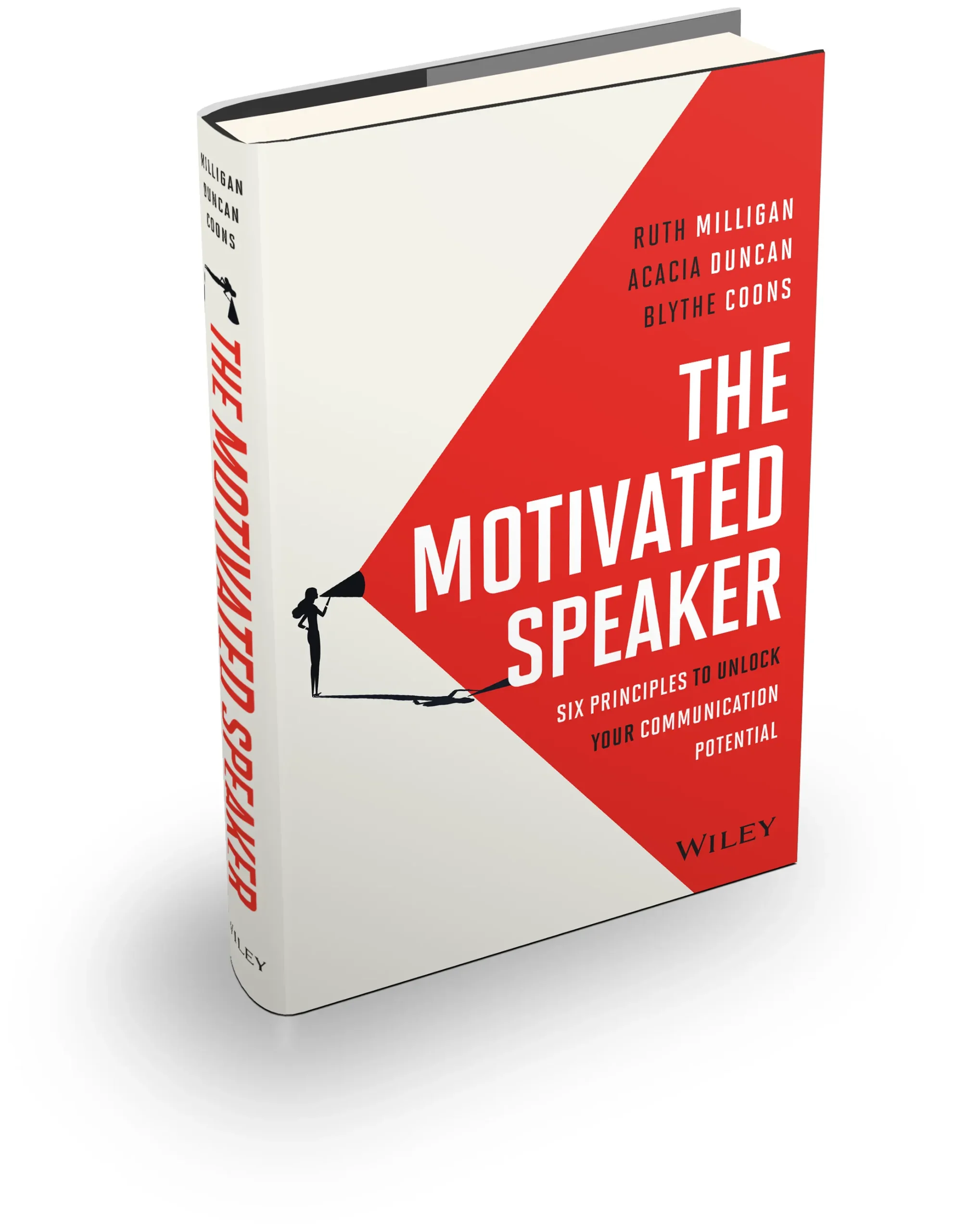Our speech coaching practice rests on iterating: Helping clients crank a reluctant wheel from event invite to idea to proof to story to imagery to delivery to reflection – and then starting all over again.
We don’t encourage people to script out the exact words they will say – since we don’t write like we speak and we don’t ever want to hear anyone read anything – editing a talk or presentation can be a far more intangible process than editing a piece of writing.
As coaches, we have a canon of about 50 questions we routinely ask clients through a presentation’s development – each one helps the speaker iterate to the “next” highly-resonating audience-centric talk or presentation.
“Being finished” is as important as getting started
Last week I was with a client who was reviewing his final presentation to new members of Congress he is presenting at the Kennedy School at Harvard. It occurred to me that the questions we ask to get a client to start their iterations are the same we ask to get them to stop. Since “Being finished” is as important as getting started.
They are:
Before: What is your goal?
After: Do you think the presentation meets that goal? (to inform, educate, and/or persuade…)
Before: What is the one idea you want to share with the audience?
After: Did that idea make your bottom line and headline? Do you unpack the proof clearly enough for the audience to follow?
Before: What’s the one thing you want the audience to do with the idea you are sharing?
After: Did you actually call the audience to action at the end of your talk?
Here’s the takeaway: even after 50 rounds of questions and a desire to be done iterating, don’t forget the same questions that got your started can also help you finish. Because everyone needs to know if they are done.
Brush up on your speaking skills at our Dec. 7 Content Framing and Storytelling class. Register now.


